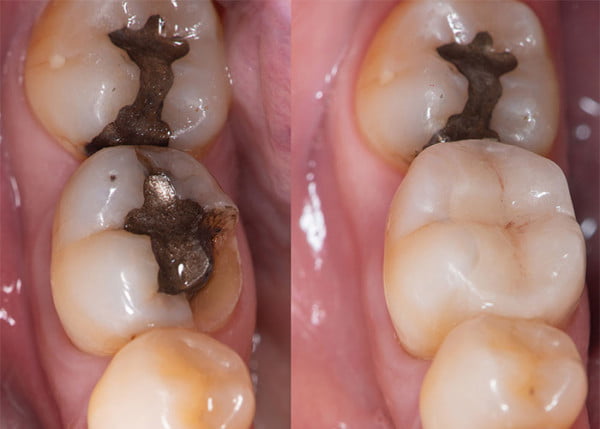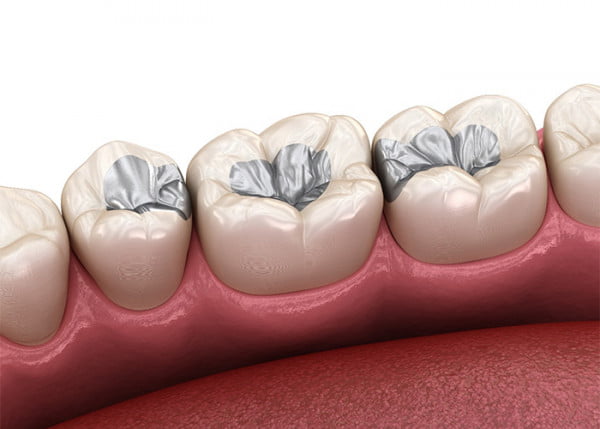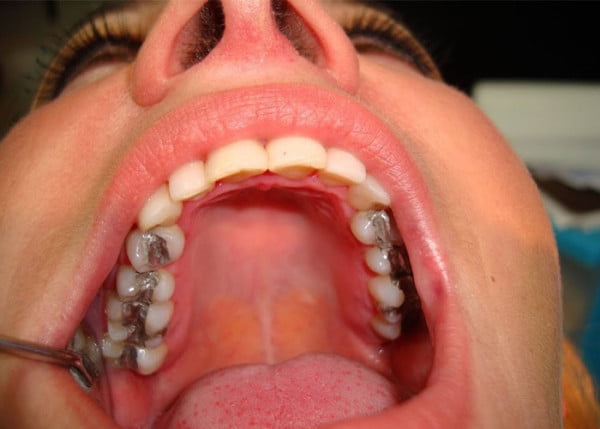Amalgam fillings have been used for decades to treat dental cavities. These fillings are made of a mixture of metals, with mercury being a primary component. While the American Dental Association maintains that amalgam fillings are safe, concerns have been raised about the potential for mercury poisoning. In this blog post, we’ll take a look at the symptoms of mercury poisoning from amalgam fillings.
Common Tests for Mercury Poisoning
If you suspect that you have mercury poisoning, there are several tests that can be performed to confirm the diagnosis. Here are some of the most common tests:
Urine mercury testing
This test measures the amount of mercury in your urine. Your doctor may ask you to collect a 24-hour urine sample, or a single sample may be taken.
Metals fecal test
This test measures the amount of heavy metals, including mercury, in your stool.
Blood mercury test
This test measures the amount of mercury in your blood. However, it’s important to note that this test only measures the amount of mercury that is currently in your blood, and may not be an accurate reflection of your overall mercury exposure.
If you suspect that you may have mercury poisoning, speak with your dentist or a medical professional. They can help you determine the best course of action to ensure your dental health and overall well-being.
Seemore: How Long Do Dental Fillings Last?
Symptoms of mercury poisoning from fillings may include:
Symptoms of mercury poisoning from fillings can vary widely from person to person, and may depend on a number of factors including the amount of mercury in the fillings, the length of time the fillings have been in place, and the individual’s overall health. Some common symptoms of mercury poisoning from fillings include:
- Fatigue
- Depression
- Anxiety
- Mood swings
- Digestive issues
- Skin rashes or dermatitis
- Joint pain or swelling
- Tingling or numbness in the extremities
- Changes in vision or hearing
It’s important to note that these symptoms can also be caused by a number of other health conditions, so it’s important to speak with your dentist or a medical professional if you are experiencing any of these symptoms.
-

Symptoms of Mercury Poisoning from Amalgam Fillings
What to do if you think you have mercury poisoning from fillings
If you suspect that you may have mercury poisoning from fillings, the first step is to speak with your dentist or a medical professional. They can help you determine whether you have mercury poisoning and what steps you can take to address the issue. In some cases, the best course of action may be to have the fillings removed and replaced with alternative materials.
Seemore: How Long Do Dental Implants Last?
When to Get Tested for Mercury Poisoning from Fillings
If you have amalgam fillings and are experiencing any of the symptoms mentioned in this post, it’s important to speak with your dentist or a medical professional. They can help determine if you are experiencing mercury poisoning and may recommend testing to confirm the diagnosis. Additionally, if you are planning to have amalgam fillings removed, it may be a good idea to get tested for mercury poisoning prior to the removal.
-

When to Get Tested for Mercury Poisoning from Fillings
Prevention Tips
While the use of amalgam fillings is still common, there are steps you can take to reduce your exposure to mercury and lower your risk of mercury poisoning. Some tips for prevention include:
- Consider alternatives to amalgam fillings, such as composite or ceramic fillings
- If you choose to have amalgam fillings, have them placed by a dentist who follows strict safety protocols
- Avoid consuming large amounts of fish, which can be a source of mercury
- Consider taking supplements that may help to chelate heavy metals from the body, such as chlorella or spirulina
- Maintain good oral hygiene to reduce the likelihood of needing fillings in the first place
By taking steps to reduce your exposure to mercury, you can help protect your dental health and overall well-being. Speak with your dentist or a medical professional for more information on how to prevent mercury poisoning from amalgam fillings.
Exploremore: What is Crown teeth before and after?
Conclusion
While the American Dental Association maintains that amalgam fillings are safe, it’s important to be aware of the potential symptoms of mercury poisoning. If you have amalgam fillings and are experiencing any of the symptoms mentioned in this blog post, it’s important to speak with your dentist. They can help you determine the best course of action to ensure your dental health and overall well-being.



